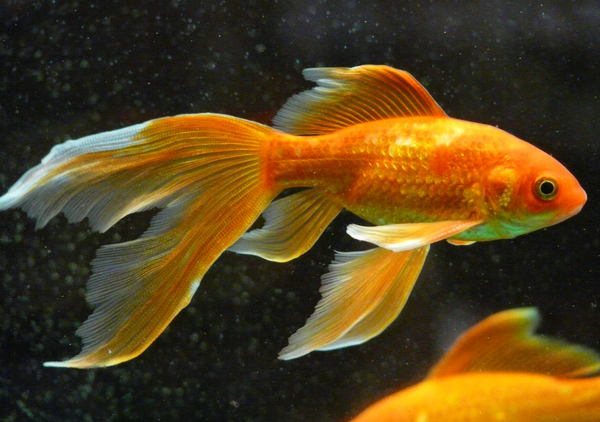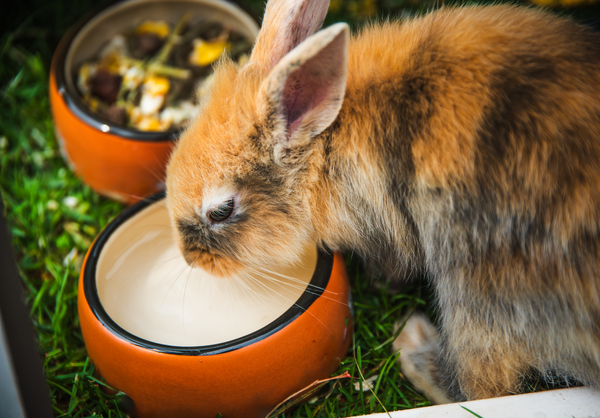When we look at the home aquarium, we want to have a thriving tank full of colourful, active fish. We also tend to want the tank to be as hands-off and low maintenance as possible. Therefore, many of us—especially for our first aquariums—turn to using artificial plants. Artificial plants are not living, and therefore they are one less thing to worry about in our tank, right?
While you would be correct in saying that having artificial plants gives you one less living thing in the tank to worry about, you bypass the benefits that live plants bring to your aquarium. Live plants can enhance water quality/chemistry and help reduce or prevent algae growth by utilizing nutrients from fish waste, uneaten food, and organic debris. This can help greatly in having cleaner water if you happen to miss a water change. During the day, the process of photosynthesis makes plants produce oxygen, which helps stabilize pH and provide a more oxygen-rich environment for the fish. Plants also consume CO2 produced by fish, so amounts do not build to a dangerous level in the water column. On top of those two large benefits, fish tend to feel safer with live plants, enhancing both colour and activity. Live plants encourage certain fish to spawn as well! They can also provide great surface area for algae eaters and grazing fish to pick food from.
Now that you know some of the benefits of live plants in the aquarium, let’s cover the part that tends to steer most people away from them: maintenance. Maintaining live plants can be time consuming, but no more than the amount of time it takes to clean algae off any artificial plants and ornaments you already use. Many people think they will have their hands in the tank daily to care for live plants and that simply is not the case. With the variety of plants available, they also range in difficulty and ease of care. The more difficult a plant is, the more work you may have to do to maintain it, whether that’s more frequent trimmings or increasing the amount of light or nutrients the plant receives. There is a plethora of easy-to-maintain aquarium plants that require little to no regular trimming or nutrient dosing. Another plus is that live plants tend to grow far less unsightly algae on them because they are not as porous as artificial plants; they, themselves, are growing, which does not provide the most consistent surface for unsightly algae to grab on to.
Now that we know why live plants can be so beneficial in our aquariums, let’s go over some of the best beginner plants around! First, let’s look at plants belonging to the Anubias species. Anubias are a slow growing, low light epiphytic plant. You’ll want to attach epiphytes to driftwood, large stones, or other décor in the tank as they do not do well buried in substrate. They are a hardy plant and they typically absorb most of their nutrients from the water column. The Cryptocoryne species of plants is also a rather easy plant to care for. They are primarily a root feeder; planting these guys in the substrate allows them to feed from the detritus and excess food or organics that build up in the aquarium’s substrate. Another awesome plant, especially for an aquarium just starting up, is Salvinia. This floating aquarium plant is an awesome addition that tends to help soak up excess nutrients in the aquarium like a sponge. It is a fast grower, but the most you’ll have to do for maintenance is either scoop the excess out of the tank when you do water changes or trim the roots if you have a shallower tank.
There are plenty of other super easy, beginner-friendly plants in the hobby—those are just some of the most commonly available and easy-to-take-care-of plants to begin with.
So next time you start a new aquarium or are looking to reduce the maintenance on your current tank, consider looking into live plants. Not only will they create a more natural-looking aquarium for your viewing pleasure, but they will increase your fishes’ quality of life and possibly allow you to get your hands wet on a less frequent basis!




